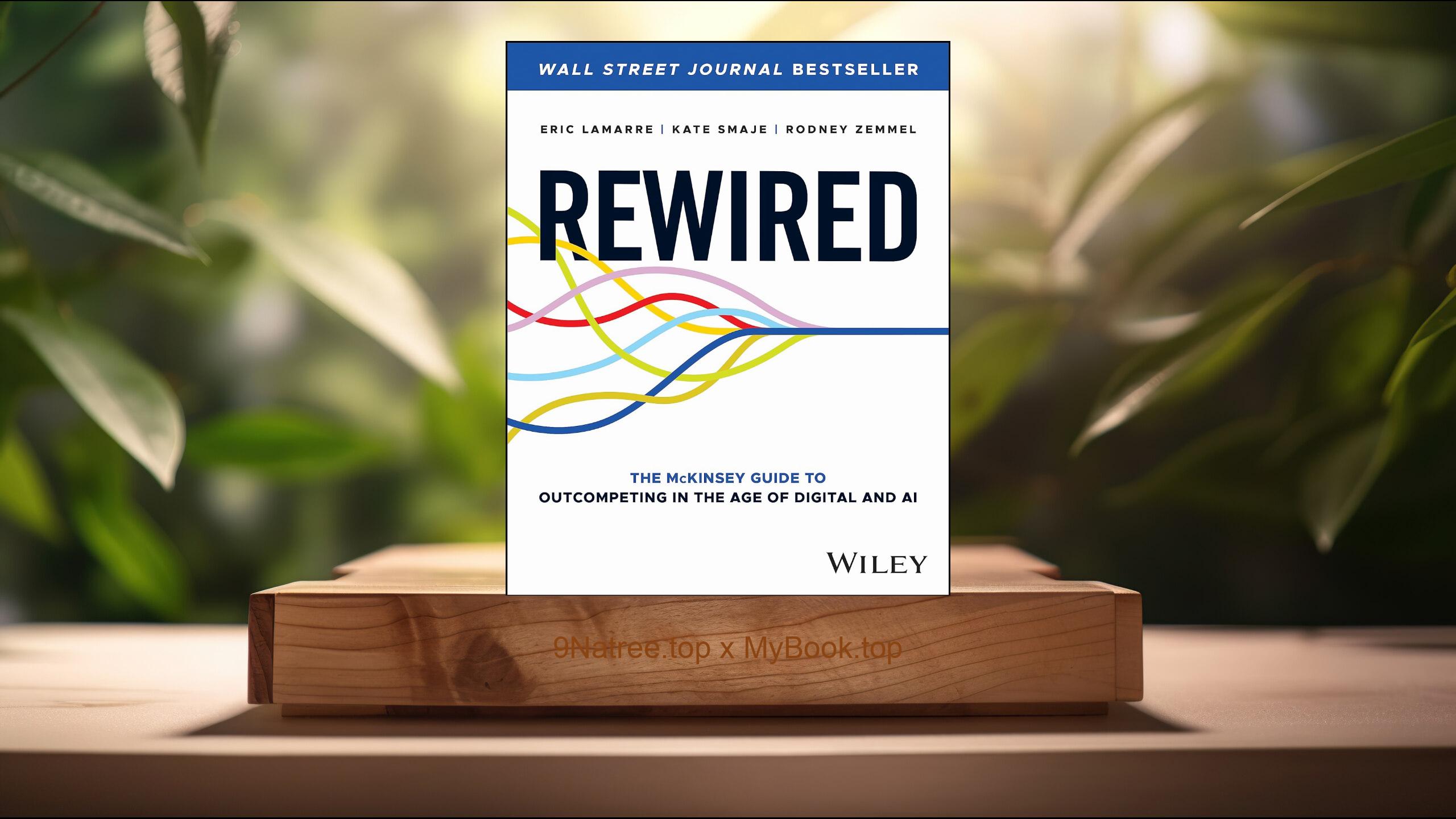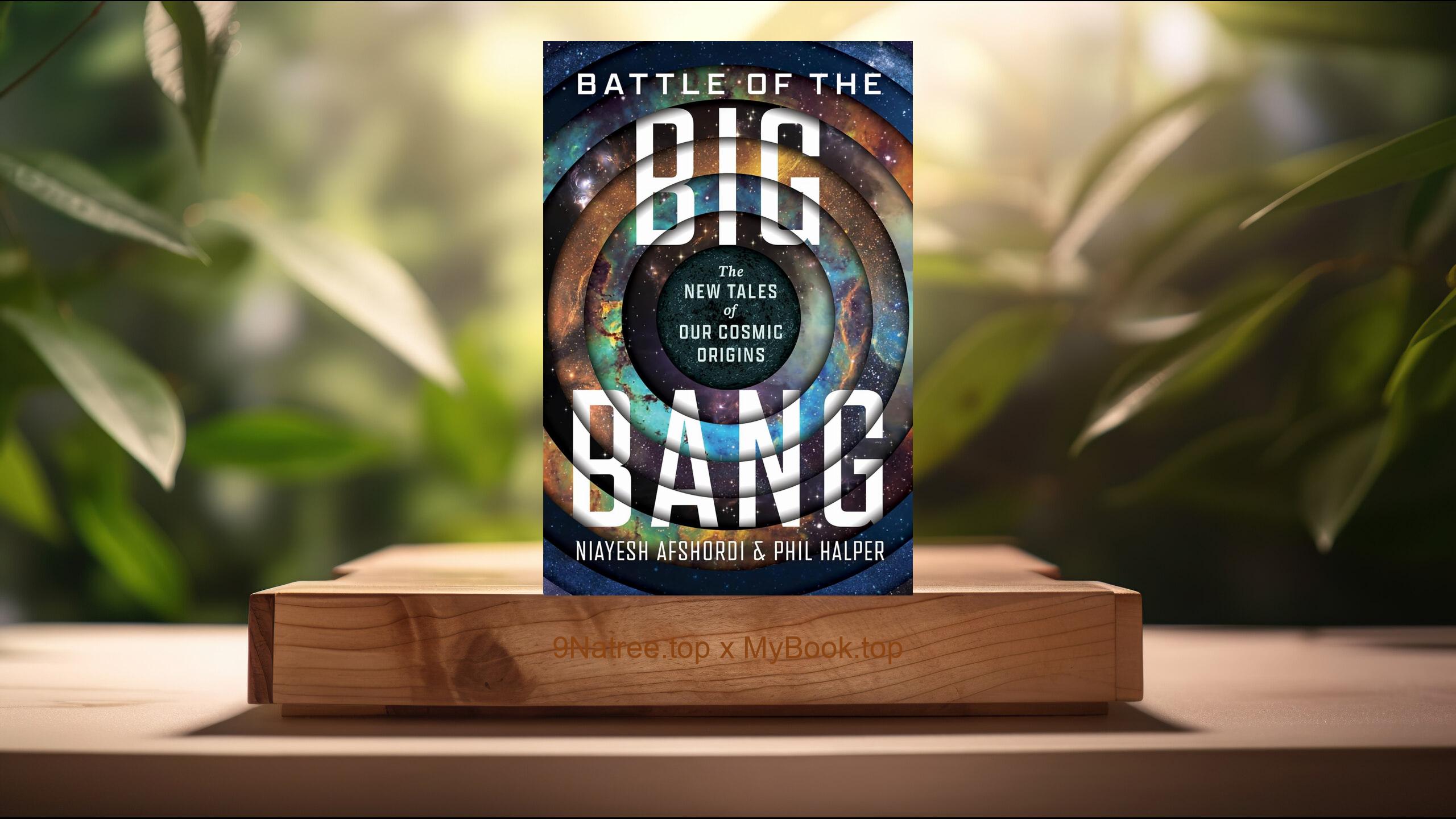Show Notes
- Amazon USA Store: https://www.amazon.com/dp/B088JFQNR7?tag=9natree-20
- Amazon Worldwide Store: https://global.buys.trade/How-We-Show-Up%3A-Reclaiming-Family%2C-Friendship%2C-and-Community-Mia-Birdsong.html
- eBay: https://www.ebay.com/sch/i.html?_nkw=How+We+Show+Up+Reclaiming+Family+Friendship+and+Community+Mia+Birdsong+&mkcid=1&mkrid=711-53200-19255-0&siteid=0&campid=5339060787&customid=9natree&toolid=10001&mkevt=1
- Read more: https://mybook.top/read/B088JFQNR7/
#communitybuilding #chosenfamily #friendshipimportance #emotionalwellbeing #collectivehealing #relationshipresilience #interdependentliving #communalcare #HowWeShowUp
These are takeaways from this book.
Firstly, Redefining Family Beyond Conventional Boundaries, Birdsong emphasizes reexamining traditional notions of family, focusing instead on chosen families and diverse forms of kinship. The author illustrates how structures of care, commitment, and mutual aid regularly thrive outside the confines of biological or marriage-based definitions. Embracing families of choice reflects pragmatic, necessary, and emotionally enriching bonds created through shared experiences, intentional support, and profound connectivity. This redefining encourages acceptance and legitimization of alternative parenting cooperatives, collective living arrangements, and supportive relationships built on solidarity rather than blood relations. Examples in the book include communal housing initiatives, intentional parenting partnerships among friends, and supportive collectives that establish family-like atmospheres. Birdsong challenges readers to reflect radically on personal conception of family and inspires an embrace of various forms of familial connection as fundamentally important, legitimate, and powerful alternatives to conventional frameworks.
Secondly, Strengthening Community Connections, The book offers guidance for fostering strong community relations, asserting the importance of human interconnectedness as fundamental to emotional, social, and physical well-being. Exploring practical techniques and strategies, Birdsong highlights collective responsibility, arguing that active community participation significantly improves individual life quality and broader social resiliency. Community connections expand the capacity for mutual assistance, allowing individuals more profound support systems particularly valuable during crises or states of vulnerability. Various detailed examples are explored, examining contexts like neighborhood associations, activist collectives, and informal support networks. Community bonding is presented as an actionable ideal that equips people with increased resilience, reducing isolation and enabling individuals to face significant personal or collective challenges successfully.
Thirdly, The Power and Importance of Friendship, Birdsong explores friendship as a vital human connection often undervalued within common societal hierarchies of relationships. Arguing persuasively against the notion that friendships are secondary or merely optional relationships, the author insists that deeply committed friendships significantly enrich emotional life, providing stable sources of love, resilience, and emotional support. Strong, actively nurtured friendships establish reliable sources of community care, offering companionship and a sense of belonging crucial to human flourishing. Through anecdotes and personal reflections, Birdsong highlights how intentional, enduring friendships serve as fundamental life supports, particularly in times when other relational structures fail or falter. Establishing cultural recognition and social practices which esteem friendship, she argues, enhances the depth and sustainability of these foundational relationships.
Fourthly, Community as a Source of Healing and Well-being, The book addresses the transformative impact communal relationships have on individual mental, emotional, and even physical health. Birdsong emphasizes the role communities play in restorative care, offering spaces and mechanisms that promote collective healing from trauma, grief, and various life stresses. Citing communities such as mutual support groups, open community dialogues, and collective rituals focused on processing grief or hardship collectively, she vividly demonstrates that shared experiences effectively decrease emotional suffering and increase psychological resilience. Improved mental well-being provided by engaged, caring communities is underscored as key to maintaining health and thriving. Birdsong shows how communities’ ability to listen deeply, provide consistent emotional presence, affirm members' experiences, and offer concrete forms of support creates powerful conditions of restorative emotional exchange crucial for well-being.
Lastly, Interdependence Over Individualism, Birdsong critiques prevailing cultural paradigms celebrating individual autonomy, advocating instead for recognizing the inherent value of interdependent relationships. The author suggests an overly individualistic focus weakens social structures and limits the benefits drawn from collective support and communal living. Arguing effectively for interdependence, she champions cultivating reliance, vulnerability, and trust within relationships as strengths that enhance overall well-being and collective stability. Practical examples highlighted include cooperative economies, collective caregiving arrangements, and collaborative approaches to critical tasks typically framed as solitary responsibilities. Birdsong’s advocacy for embracing interdependence contrasts prevailing Western focus on individual responsibility, illustrating convincingly how varied forms of collaboration, interaction, and mutual support enhance collective and individual life prospects and promote stronger, healthier social ecosystems.
![[Review] How We Show Up: Reclaiming Family, Friendship, and Community (Mia Birdsong) Summarized](https://episodes.castos.com/660078c6833215-59505987/images/2042029/c1a-085k3-kp435qr2i305-gqcnok.jpg)




